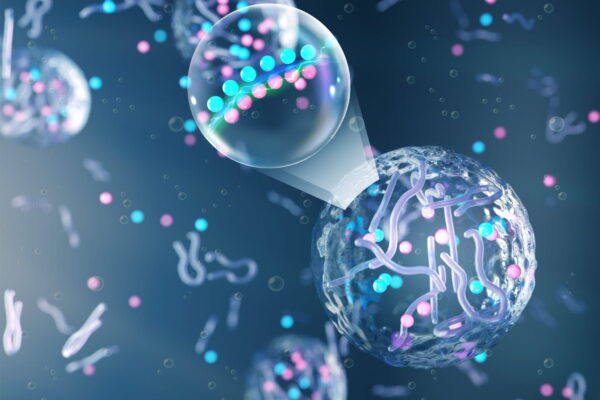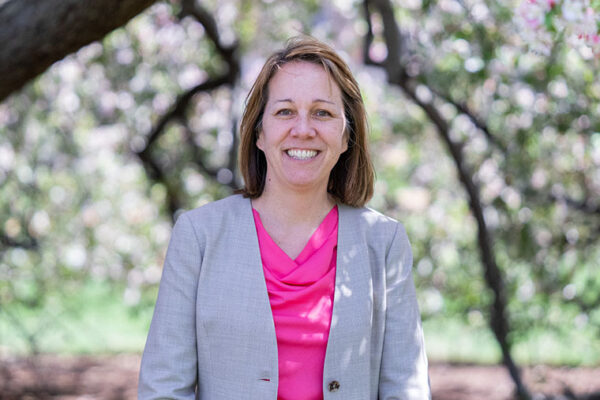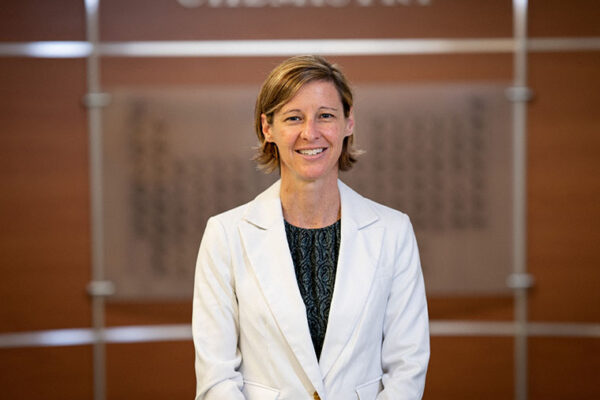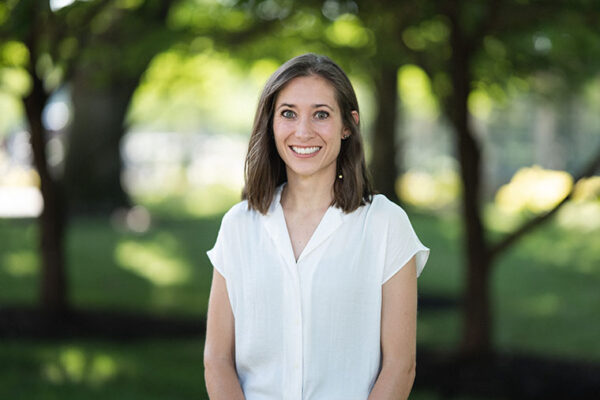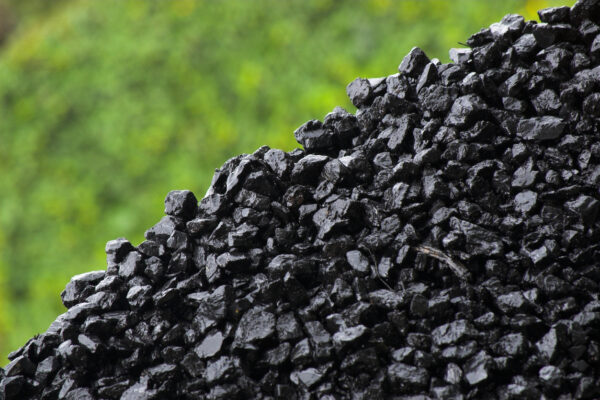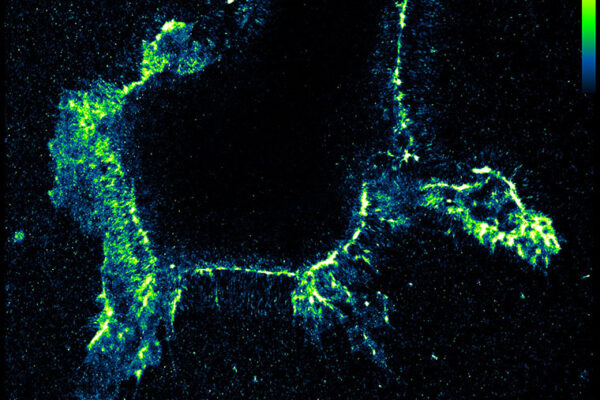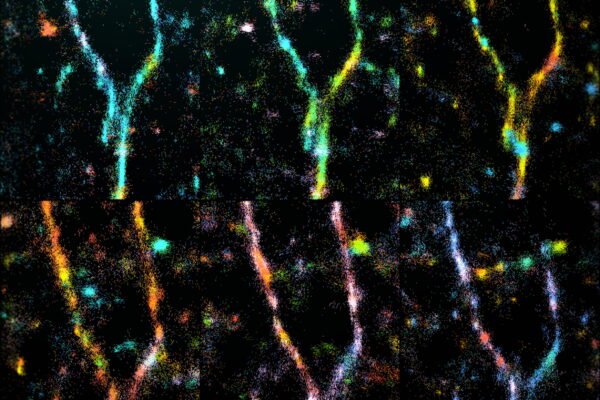Understudied protein blobs have big effect on cellular function
Researchers from WashU and Duke University have shown that the formation of biological condensates affects cellular activity far beyond their immediate vicinity.
WashU scientists uncover hidden source of snow melt: dark brown carbon
Researchers at the McKelvey School of Engineering are the first to quantify the effect of dark brown carbon on snow melt.
National Academies report highlights high magnetic field science
Sophia Hayes, in Arts & Sciences, co-authored a study on strategic directions guiding high magnetic field science with pursuits in chemistry, medical MRI, low-temperature physics, superconducting materials and fusion. Challenges to the helium supply figured prominently throughout.
Heemstra speaks about elevating scientific discovery at chemistry meeting
Jennifer M. Heemstra, the Charles Allen Thomas Professor of Chemistry and chair of chemistry in Arts & Sciences at WashU, delivered a keynote address at the American Chemistry Society fall meeting in Denver.
Reichhardt wins NIH MIRA award
Courtney Reichhardt, an assistant professor of chemistry in Arts & Sciences, has been awarded a prestigious Maximizing Investigators’ Research Award from the National Institutes of Health (NIH) to pursue several projects on fibrillar adhesins, the proteins bacteria use to stick to each other and surfaces.
Rethinking the waste in water
Young-Shin Jun and her team at the McKelvey School of Engineering see untapped resources in the chemical compounds in highly saline wastewater.
Sustainable technology to extract critical materials from coal-based resources
An environmental engineer at Washington University in St. Louis received a federal grant to work to extract rare earth elements from coal in a way that does not harm the environment.
WashU researchers quantify solar absorption by black carbon in fire clouds
Aerosol scientists at Washington University have quantified the extent of light absorption by black carbon in fire clouds to better model climate impacts of extreme wildfire events.
Chemists develop test to track crucial edits to RNA
A team of WashU chemists led by graduate student Alex Quillin in Arts & Sciences has developed a test that makes it possible to precisely track edits in cells, an advance that could lead to a new understanding of the origins of many illnesses.
WashU researchers shine light on amyloid architecture
Researchers at Washington University in St. Louis have used microscopy to chart amyloid beta’s underlying structure and yield insight into neurodegenerative disease.
Older Stories
